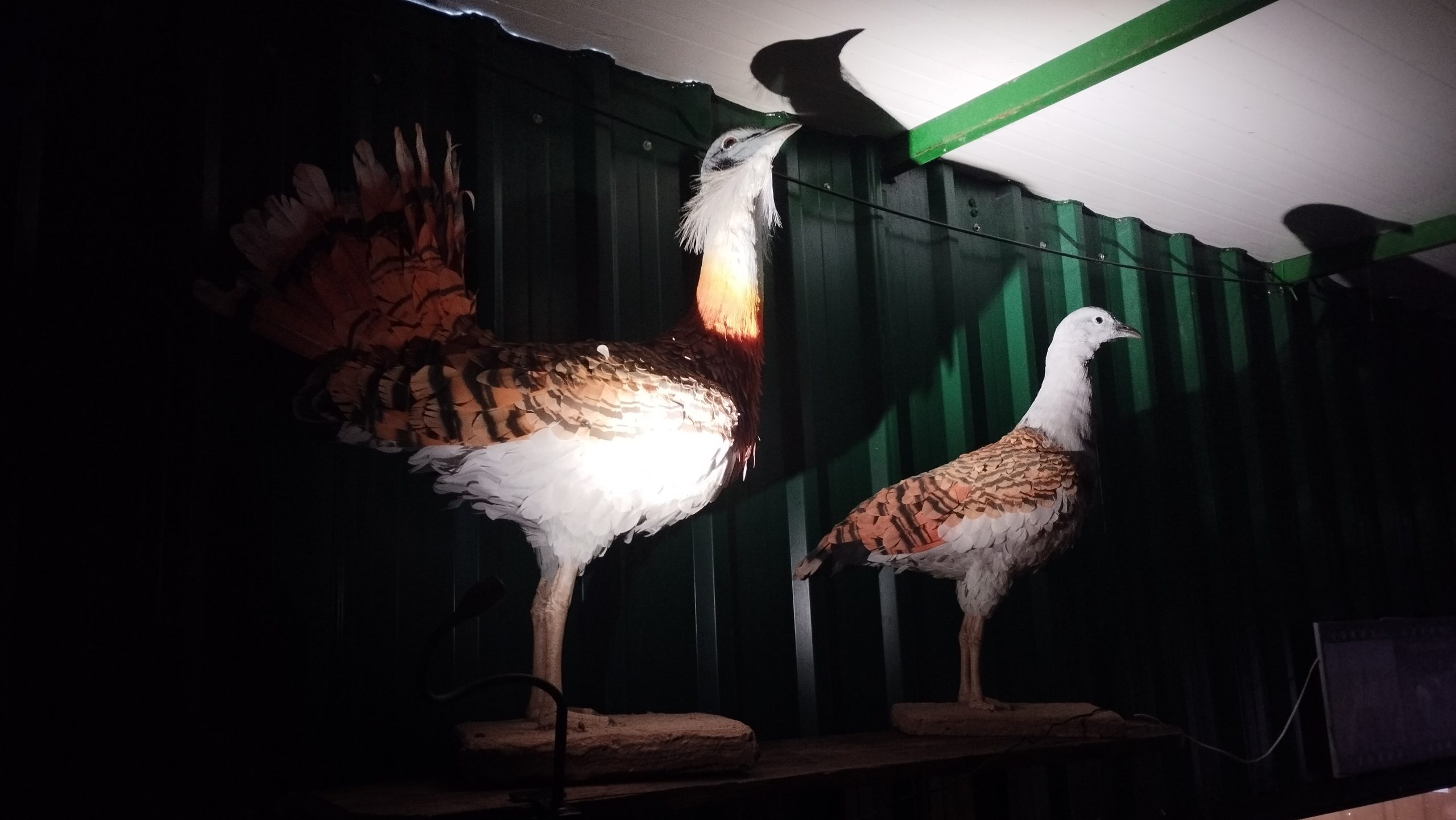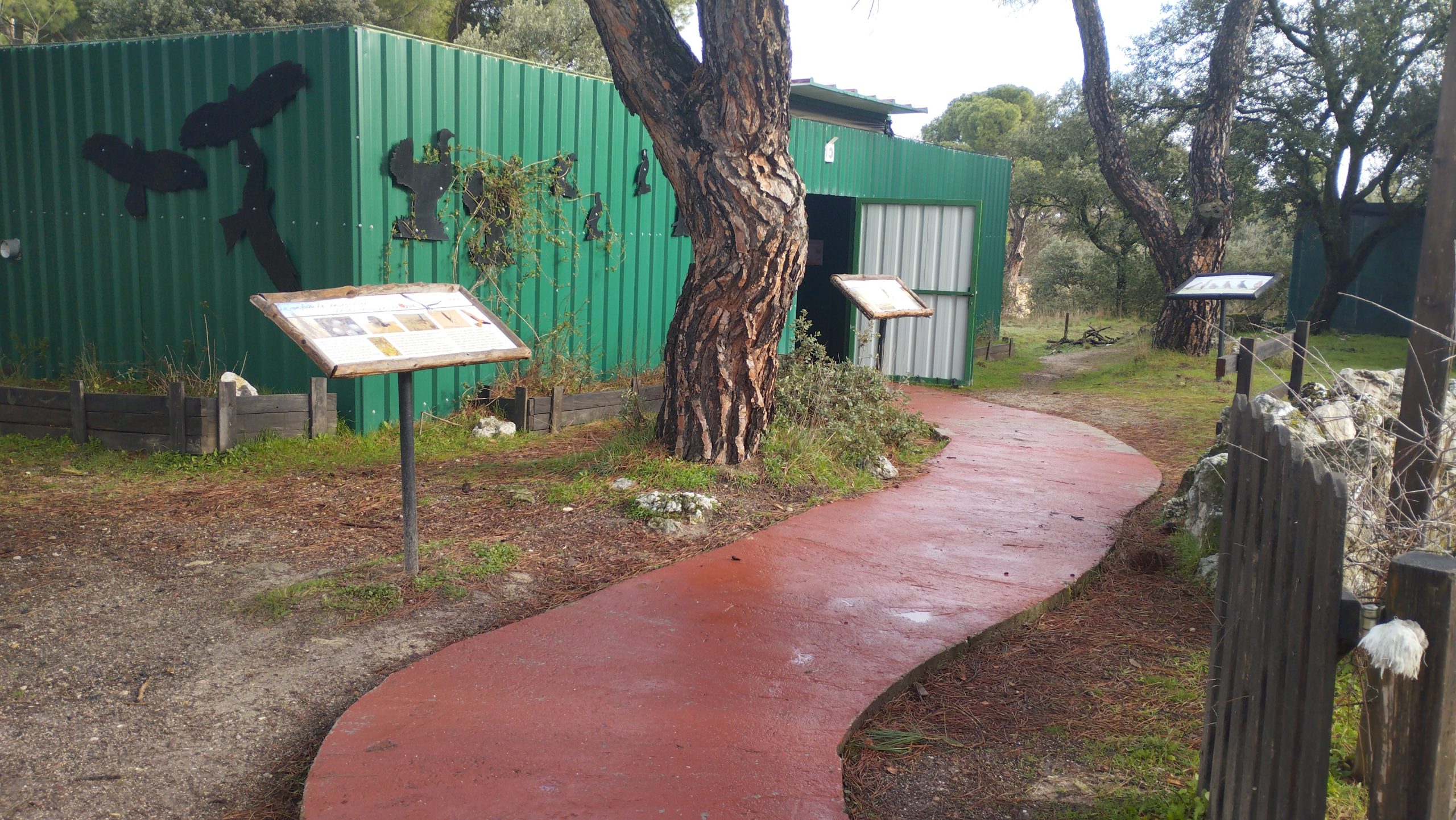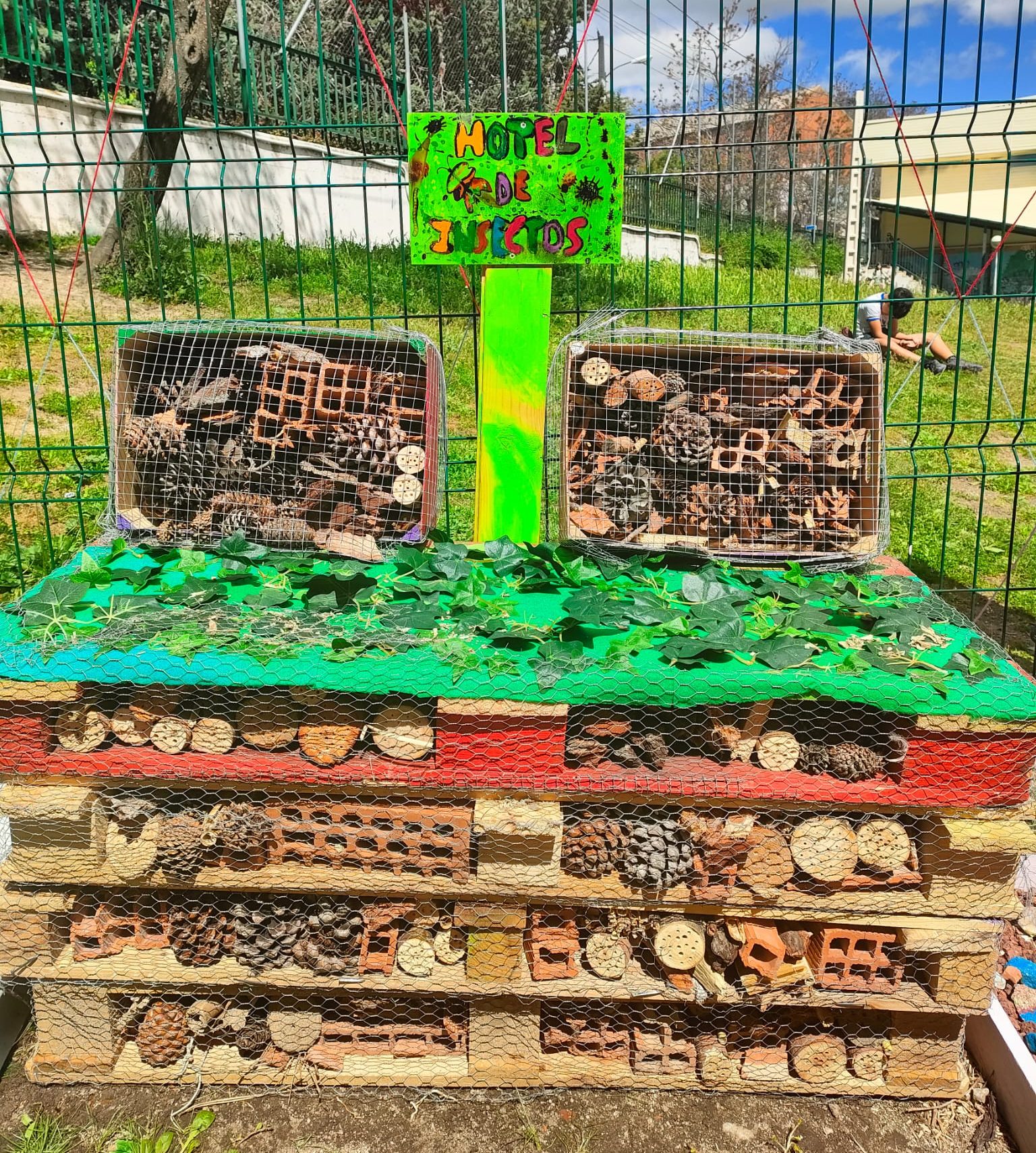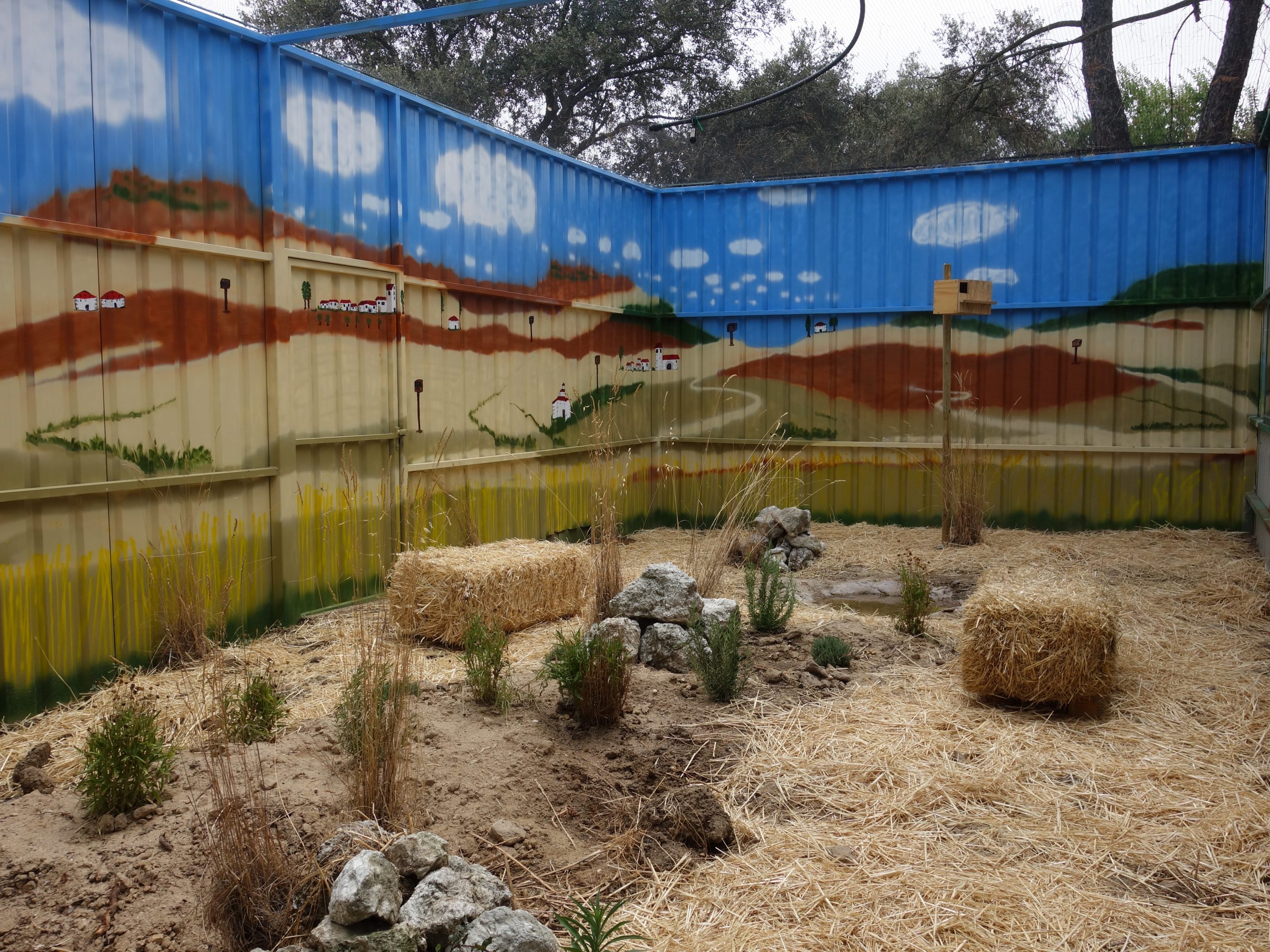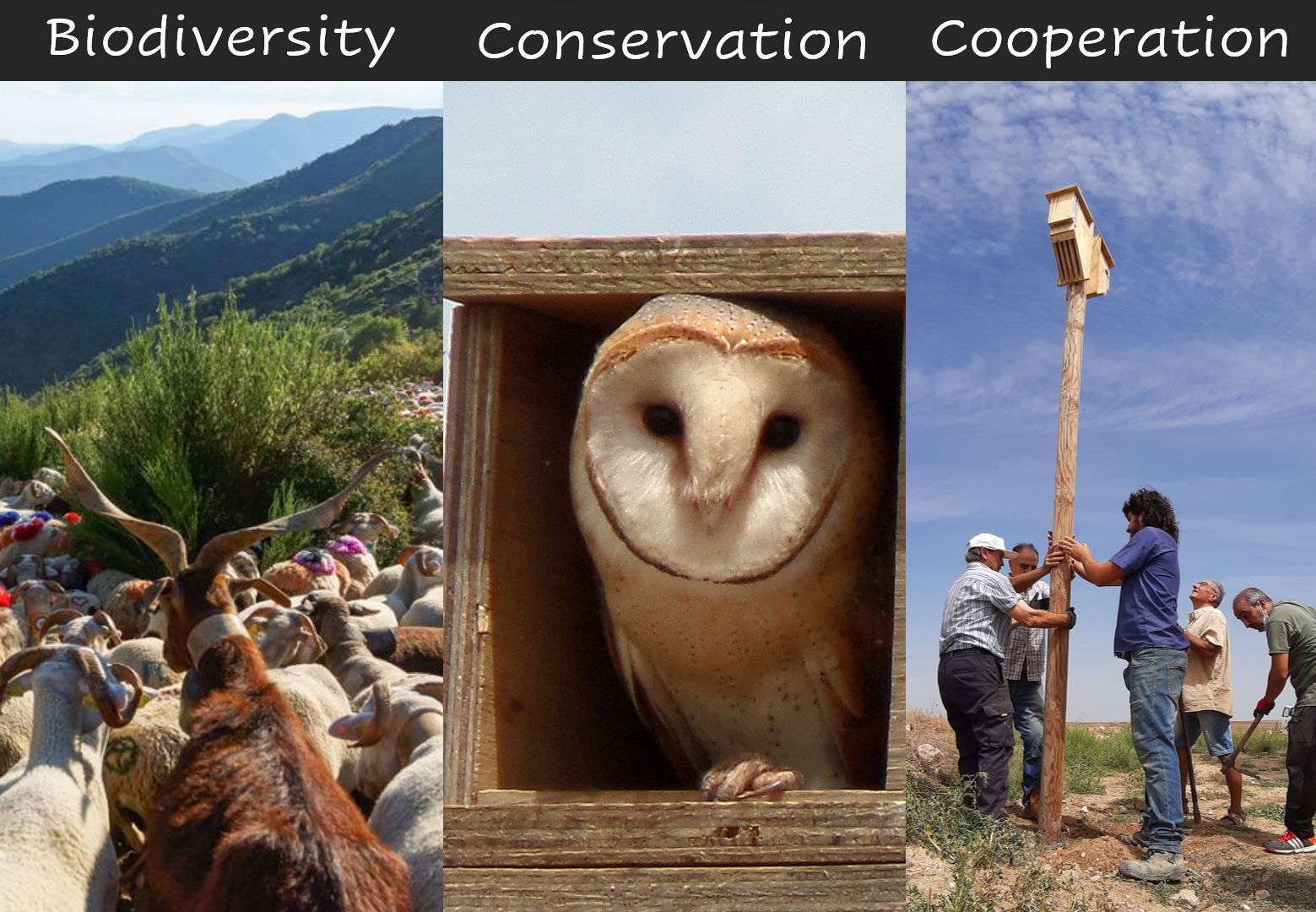Durante la feria Naturcyl, desde GREFA llevamos a cabo un taller de construcción de cajas nido dirigido a familias, visitantes y participantes de la feria, enfocado en el proyecto de Control Biológico de plagas de topillo. Esta actividad atrajo a una decena de personas que aprendieron a construir cajas nido destinadas a pequeñas rapaces, aliadas naturales en la regulación de las poblaciones de este roedor.
Y es que las aves esteparias, como el cernícalo, el mochuelo y la lechuza, desempeñan un papel crucial en los ecosistemas agrícolas, especialmente, en los entornos rurales, donde la presencia de esta fauna es esencial para el mantenimiento de la biodiversidad y la salud del medio.
El taller sirvió para acercar el proyecto de Control Biológico a un público muy interesado en el uso de soluciones basadas en la Naturaleza para abordar problemas agroambientales. Así, a través de esta iniciativa, se dio a conocer la importancia de restaurar el equilibrio biológico y paisajístico en Castilla y León, región que ha sufrido las consecuencias de plagas recurrentes de topillo.
Proteger y fomentar la presencia de estas rapaces en las áreas esteparias contribuye, no sólo al control natural de plagas, sino también, a la conservación de un entorno rural que depende de estos delicados equilibrios ecológicos.
Los participantes se mostraron muy involucrados en la causa y valoraron positivamente la información compartida y el enfoque práctico de la actividad.
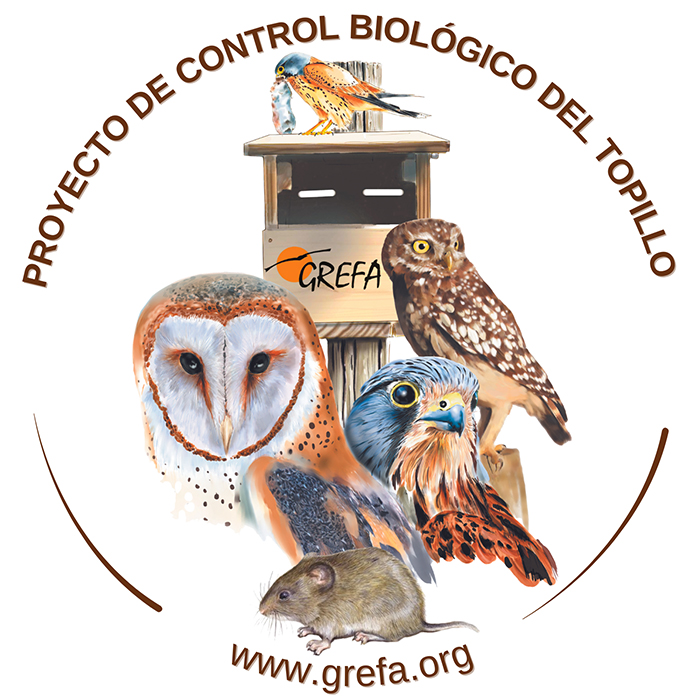
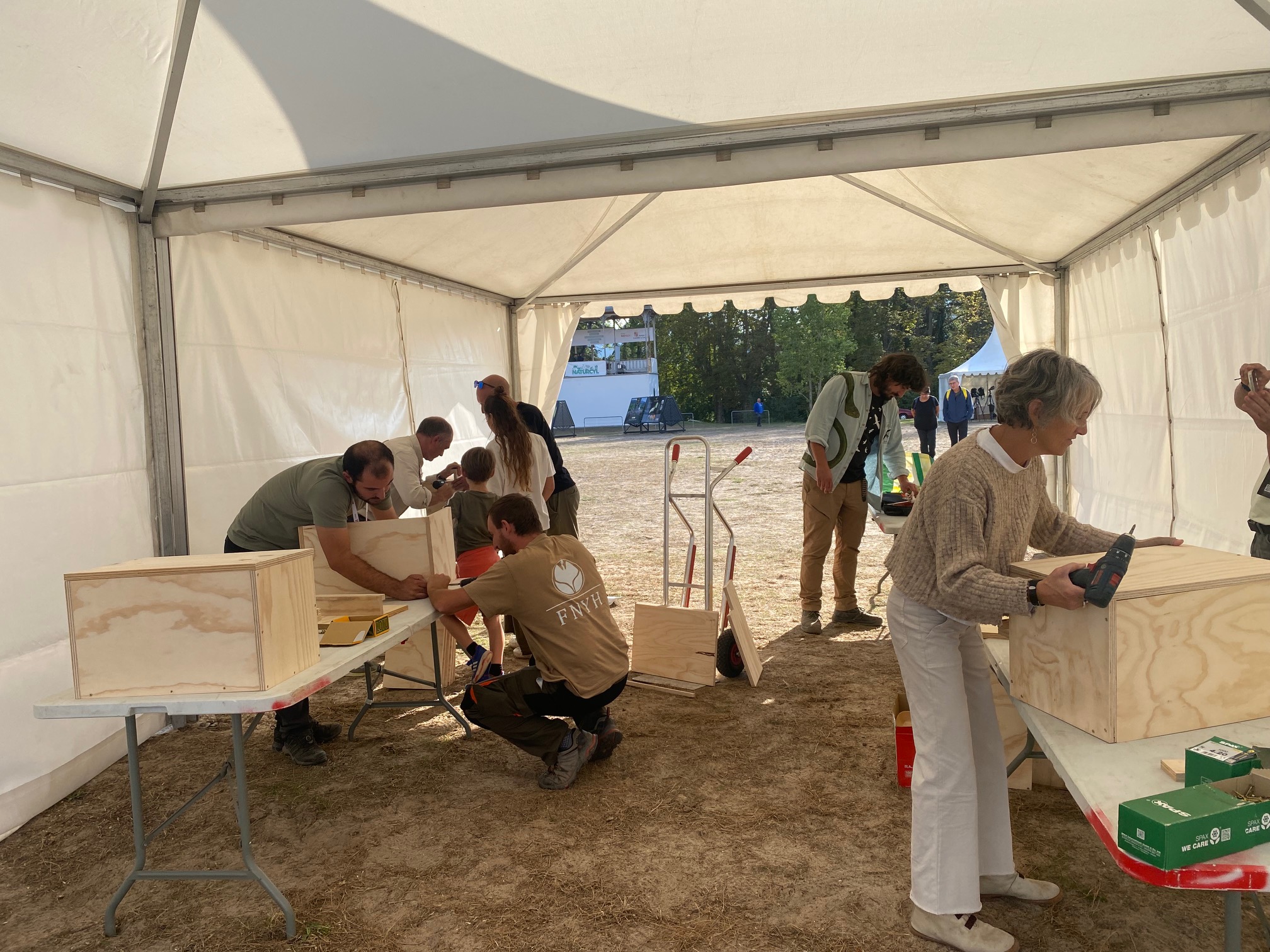
During the Naturcyl fair, GREFA organized a workshop on the construction of nest boxes focusing on the project Biological Control of Vole Pests. The activity attracted a dozen people who learnt how to build nest boxes for small birds of prey, natural allies in the regulation of the populations of this rodent.
Steppe birds, such as the Common Kestrel, the Little Owl and the Barn Owl, play a crucial role in agricultural ecosystems, especially in rural areas, where their presence is essential for maintaining biodiversity and environmental health.
The workshop served to bring the Biological Control project closer to a public very interested in the use of nature-based solutions to address agri-environmental problems. In this way, the initiative raised awareness of the importance of restoring the biological and landscape balance in Castilla y León, a region that has suffered the consequences of recurrent vole infestations.
Protecting and promoting the presence of these birds of prey in steppe areas contributes not only to natural pest control, but also to the conservation of a rural environment that depends on these delicate ecological balances.
The participants were committed to the cause and valued positively the information provided and the practical approach of the activity.

